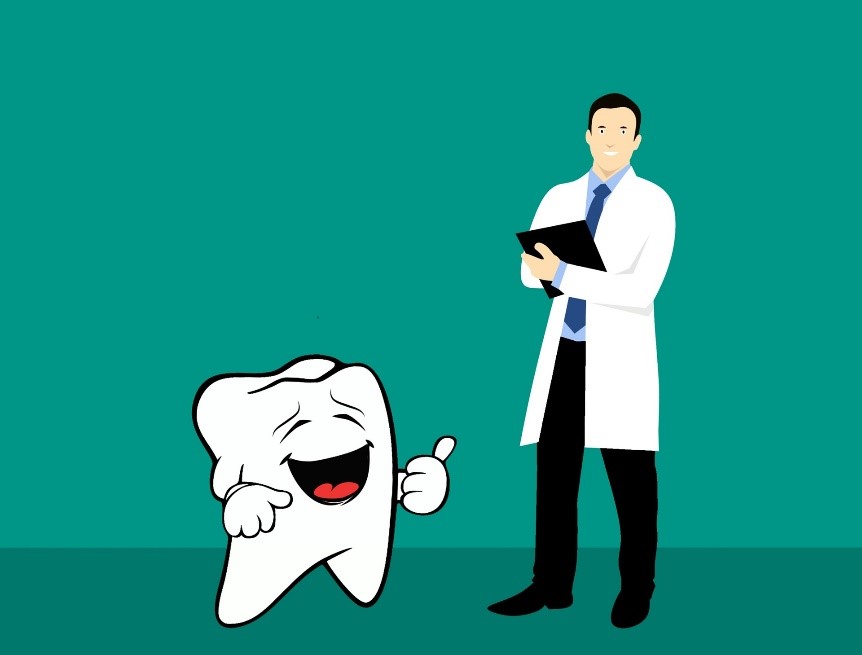HEALTH
Top 10 Dentist and Hygienist Tips

Healthy teeth and gums are the keys to an attractive smile; you can achieve it through good oral hygiene. Neglecting your oral health can cause discolouration of your teeth, gum disease, tooth decay, and other dental problems.
Your dentist and hygienist will provide tips for maintaining your dental hygiene and showing off a beautiful smile at all times. You can maintain your oral health and preserve the appearance of your teeth by visiting a Dentist clinic in Plymouth.
Regularly Brush
The advice to brush twice a day has been ingrained in you since you were a child. Keeping your mouth healthy is still one of the easiest and most important things you can do.
Daily flossing
Most dentists recommend flossing daily, yet most patients ignore it. Most people don’t floss because it takes a few minutes to do. Before brushing your teeth, don’t forget to floss to remove food particles that your toothbrush cannot remove.
Avoid cigarettes
Your teeth will significantly benefit from this. It will prevent oral cancer and periodontal complications. Secondly, it will avoid the countless adverse effects caused by masking agents.
Mouth wash
Another simple addition to your daily routine is mouthwash. There are, however, differences between mouthwashes. If you want to clean your teeth and strengthen them simultaneously, use a mouthwash containing fluoride.
Healthy diet
It is essential to start with a healthy body if you want a healthy mouth. This is why eating a well-balanced diet daily is essential to maintaining a healthy mouth and overall body. Avoid sweetened foods such as candy, sodas, and sodas in your diet and consume plenty of fruits and vegetables.
Consume calcium
To keep your teeth healthy, you need plenty of calcium. As well as being essential for your teeth, it is also necessary for your bones. In addition to drinking milk, fortified orange juice, and eating yogurt, broccoli, cheese, and other dairy products, it is recommended to consume dairy products.
Reduce caffeine
Adding too much coffee to your diet can also stain your teeth, and the acid can eat away. While avoiding coffee altogether is ideal, this may not always be possible.
Drink water
You should drink enough water to maintain good oral health. Healthy saliva flow is important for maintaining oral health, which is maintained by a well-hydrated body. A sufficient amount of saliva in your mouth will allow food particles to move quickly inside without sticking to your teeth.
Mouth guard
When playing or practicing sports, it is advisable to wear a mouthguard. If you want a custom-fit one, your dental hygienist can make it for you.
Checkups
Keep your mouth healthy by checking it once a month. Understand the normal course of events. You should consult a healthcare professional if a sore does not heal within two weeks.
Conclusion
The path to a beautiful, healthy smile isn’t a guessing game. You can get a handsome smile that will make your dentist proud today. Your mouth will thank you tomorrow when you visit a dentist to get started on improving your oral health
Kenneth is a proud native of sydney, born and raised there. However, he pursued his education abroad and studied in Australia. Kenneth has worked as a journalist for almost a decade, making valuable contributions to prominent publications such as Yahoo News and The Verge. Currently, he serves as a journalist for The Hear Up, where he focuses on covering climate and science news. You can reach Kenneth at [email protected].










